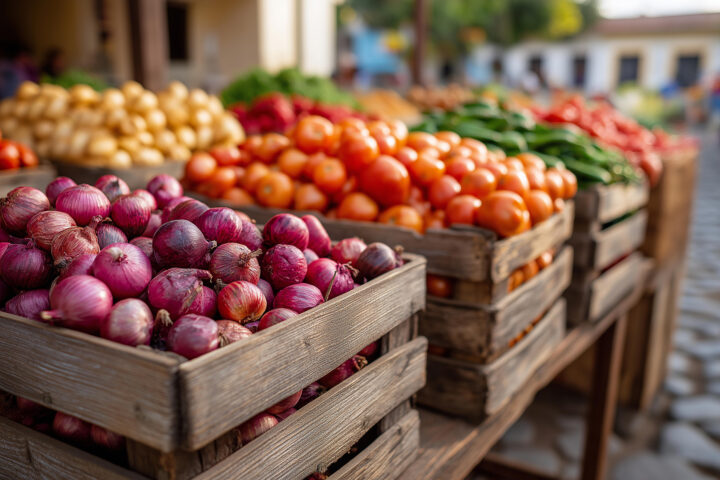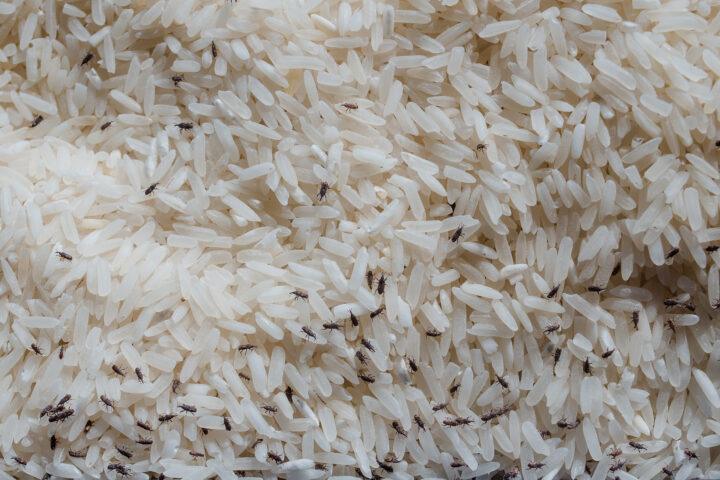
Synthetic has many benefits
Synthetic pesticides are often automatically viewed as problematic compared with natural pesticides. But this is a misconception. It is not possible to make any general statements about toxicity based on the production method alone.
Wednesday, September 16, 2020
Quick facts:
- The term “synthetic” is often used as an antonym of “natural.”
- “Natural” is viewed as healthy, while “synthetic” is seen as toxic.
- However, this dichotomy falls short. The production method actually says nothing about the toxicity of a substance.
In many cases, synthetic pesticides are superior to substances that are obtained from nature. The public often overlooks several undisputed and important advantages of synthetically produced substances – including some medicines.
Being able to manufacture substances synthetically also has a positive impact on animals and biodiversity. Synthetic substances do not need to be obtained directly from an animal, as is the case, for example, with pheromones, which are used as a key element in organic farming. Pheromones are chemicals pests used to attract mates, and obtaining them “naturally” means extracting the substance from millions of moths or butterflies. The same is true for other beneficial substances.
As the «TagesAnzeiger» reports, ursodeoxycholic acid – an ingredient in medicines used to treat gallstones – is produced by the sun bear in its gallbladder. For decades, it has been possible to produce it synthetically, making it necessary to insert a catheter into a sun bear’s gallbladder. Here the advantages of synthetic production are clear. Yet bears continue to be kept in cramped cages on “gallbladder farms” so the substance can be extracted from them quote-unquote naturally.
Synthetic pesticides are economical and environmentally responsible
When a substance is discovered that has the desired characteristics to combat pests or treat diseases the question immediately arises as to whether it is available in nature. In many cases, the substances can only be isolated from natural sources with great effort, especially in the necessary quantities. Synthetic production may also be much more sustainable. For example, in order to extract a sufficient quantity of pyrethrum, which is permitted as a insecticide in organic farming, chrysanthemums are planted in large monocultures using conventional farming, primarily in Africa. The environmental impact is significantly reduced when the insecticide is produced synthetically. Finally, synthetic production makes it possible to remove the characteristics of substances that have a negative effect on people and nature, characteristics that would otherwise rightly prevent them from receiving permission to be used.
Synthetic pesticides are stable
Many synthetic substances are able to take effect over a longer period of time because they have stable properties and are less sensitive to light. Furthermore, they remain on the plants longer than many of their natural counterparts, which quickly wash away in the rain or sun. The benefits are clear: fewer tractor paths are needed. In other words, synthetic pesticides can help preserve nature and the climate.
Synthetic pesticides are efficient and economical
The application rate of pesticides per hectare has fallen by 95 percent since 1950. Now a much smaller dose can be applied in order to achieve the same effect. At the same time, modern pesticides are much safer. The average toxicity has decreased by 40 percent since the 1960s, according to the World Health Organization (WHO). New products remain in the soil for less time. For example, in the 1980s, the average time it took for half the active substance to break down was 72 days. This time has dropped to 53 days for modern products.
Synthetic pesticides increase food safety and production
Global production of food has tripled since 1960. And it did so without a substantial increase the amount cultivated land. The continued growth of the global population continues to be a major challenge for food producers. Particularly in view of climate change and declining water reserves, pesticides will continue to contribute significantly to feeding the world’s population. The UN recognized this fact and declared 2020 to be the “International Year of Plant Health.” This would not be possible without synthetically produced resources.
Good to know
The majority of pesticides are synthetically produced. This is also the case for substances that are permitted in organic farming. But it is not possible to make blanket statements about the danger they pose based on solely the production method. The reverse is also incorrect, as not all crop protection methods sourced directly from nature are automatically safe. An explanation of the terms related to synthetic production can be found here.
Related articles

Why cutting out synthetic pesticides will reduce food production
The UK’s action plan to reduce pesticide use could backfire, warns agronomist Greg Dawson: overly strict regulations may make domestic farming unprofitable – and increase the United Kingdom’s dependence on imports.

Approval studies for plant protection products are science-based
The approval of plant protection products in Switzerland is subject to strict legal requirements. Ultimately, this approval process is based on scientifically sound studies. These studies are financed by manufacturers, but they must comply with clearly defined governmental requirements and controls. The aim is to ensure reliability and independence.

Grain beetle eats its way through Swiss grain stores
The grain beetle is spreading in Swiss grain stores. Introduced via international trade, it threatens harvests and impairs food quality.

New problem: soft bugs, native pests discover fruit and vegetables
Soft bugs are spreading at lightning speed in fields and greenhouses in southern Germany. These pests are destroying fruit and vegetables and pushing agriculture to its limits. Effective plant protection products must be found urgently to safeguard harvests.

